Warning of a grim global warming situation, United Nations Secretary-General Antonio Guterres expressed high expectation to see developed countries beef up their support for developing economies, who disproportionately suffer the consequences of the climate crisis.
Climate finance to countries in the Global South is not charity, but an investment indispensable to a liveable world for all humanity, he stressed, addressing the Opening of the World leaders Climate Action Summit held on Tuesday during the ongoing COP29 UN climate change conference in Baku, Azerbaijan.
Officially known as the 29th session of the Conference of the Parties to the UN Framework Convention on Climate Change, COP29 kicked off on Monday and will last until Nov 22.
The key task of the UN gathering participated by almost 200 countries is to establish a New Collective Quantified Goal, which represents a post-2025 climate financing commitment from developed states to developing economies.
"We are in the final countdown to limit global temperature rise to 1.5 C. And time is not on our side," Guterres said.
With the hottest day and the hottest months on record, 2024 is almost certain to be the hottest year on record, he warned.
He listed a series of disasters that are wreaking havoc around the globe, including hurricane, insufferable heat, floods and droughts. All these disasters, and more, are being supercharged by human-made climate change, the UN head stressed.
No country is spared. In our global economy, supply chain shocks raise costs. Decimated harvests push up food prices. Destroyed homes increase insurance premiums. These happen everywhere, he stated.
"This is a story of avoidable injustice.The rich cause the problem, the poor pay the highest price," Guterres underscored, adding Oxfam finds the richest billionaires emit more carbon in an hour and a half than the average person does in a lifetime.
Unless emissions plummet and adaptation soars, every economy will face far greater fury, he continued.
Noting inspiring advancement in global renewable energy development, he called for efforts to ensure the irresistible energy transition fair, and also fast enough to limit temperature increase to 1.5 C.
Last year, for the first time, the amount invested in grids and renewables overtook the amount spent on fossil fuels. Almost everywhere, solar and wind are the cheapest source of new electricity, he shared.
"The clean energy revolution is here. No group, no business, and no government can stop it," the UN head noted.
Guterres urged parties to focus on three priorities — emergency emissions reductions, enhanced actions to prevent climate ravages, new climate finance goal that meets the actual need — to ensure the transition is fair and fast enough.
To limit global temperature rise to 1.5 C, we must cut global emissions 9 percent every year. By 2030, they must fall 43 percent on 2019 levels, he said.
The UN head listed a series of efforts the world must advance to reach the goals, including to triple renewables capacity, double energy efficiency, and halt deforestation by 2030.
"All countries must do their part. But the G20 must lead. They are the largest emitters, with the greatest capacities and responsibilities," he stressed.
They must bring their technological know-how together — with developed countries supporting emerging economies, Guterres continued.
He also urged developed countries to honor their promises and to race the clock to double adaptation finance to at least $40 billion a year by 2025.
"Both are indispensable to a liveable world for all humanity and a prosperous future for every nation on earth. The clock is ticking," he said.









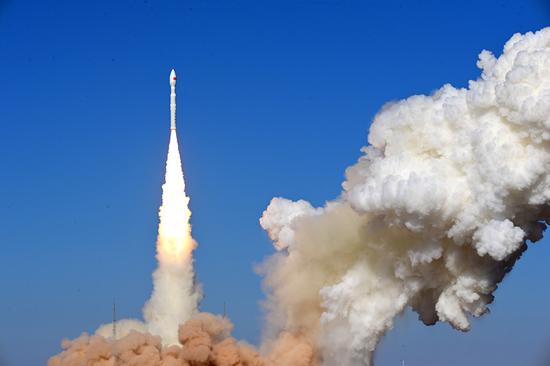
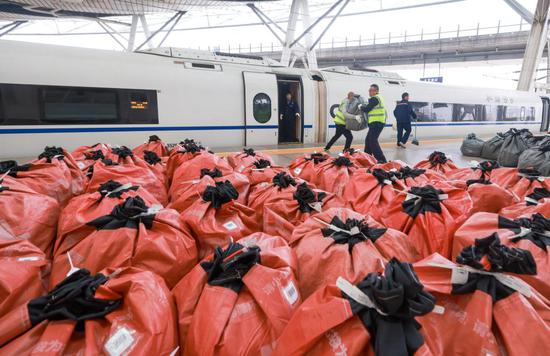

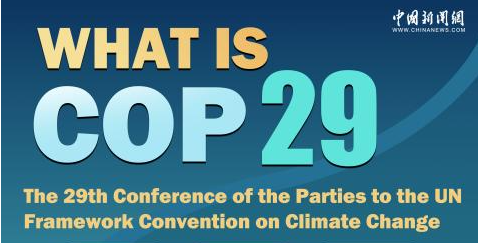
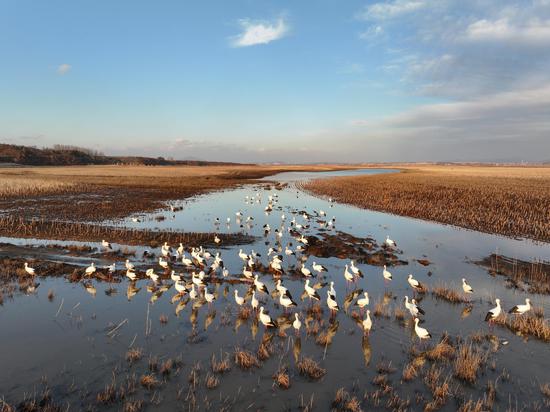
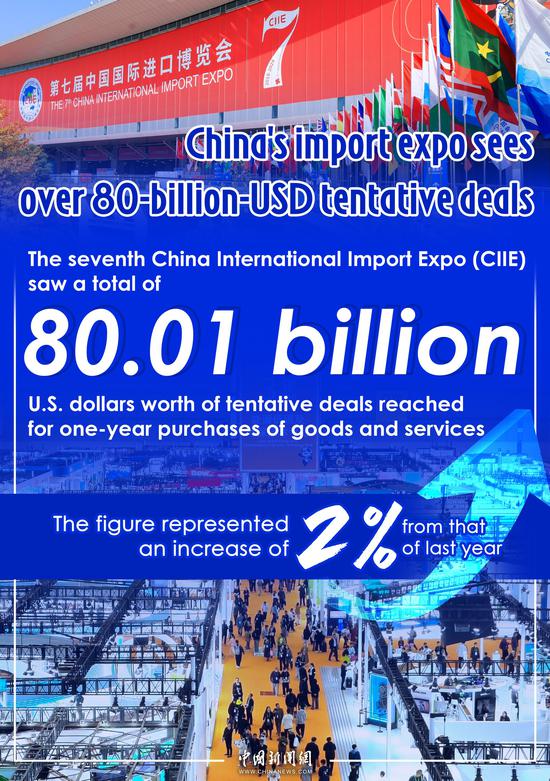
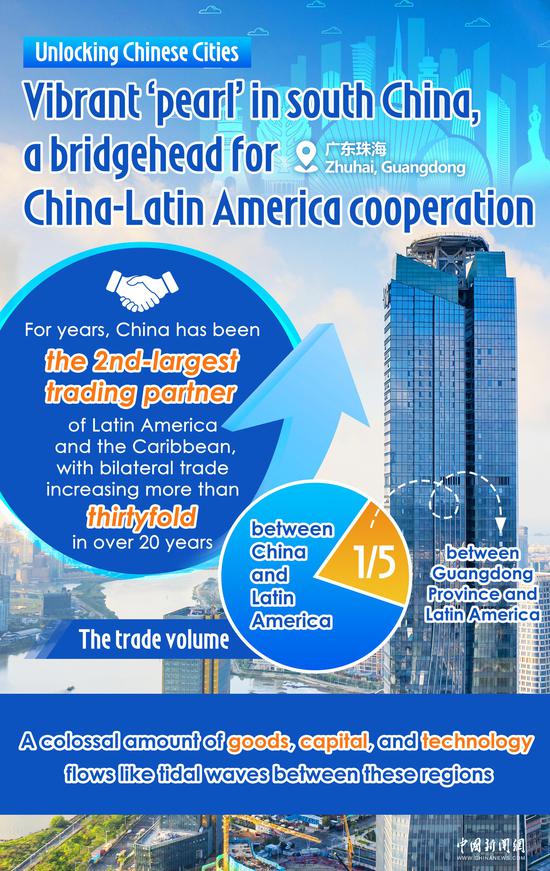
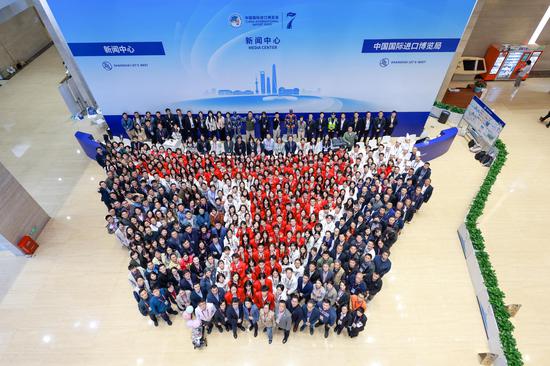


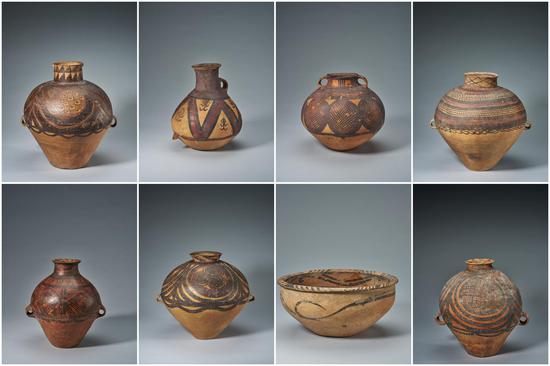






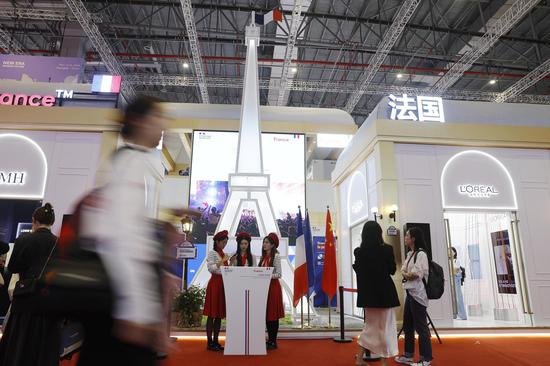






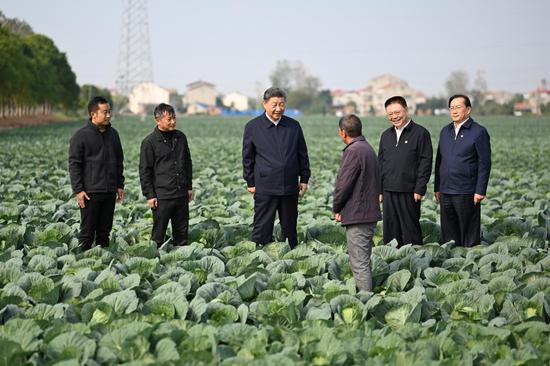
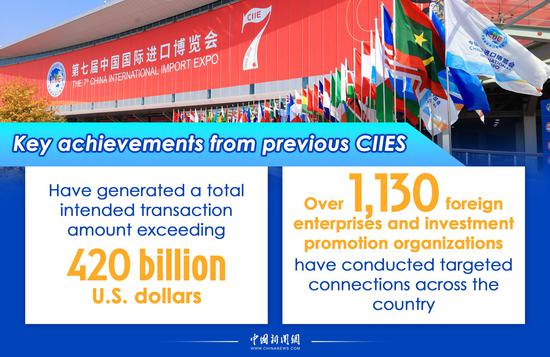

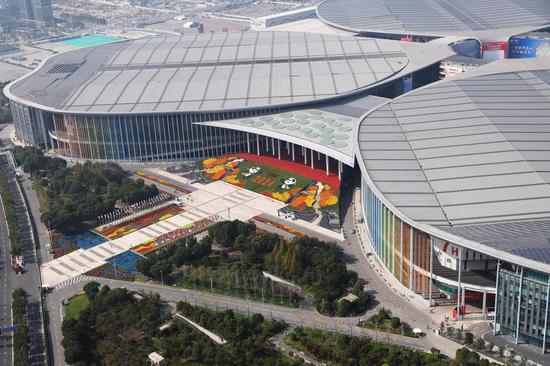
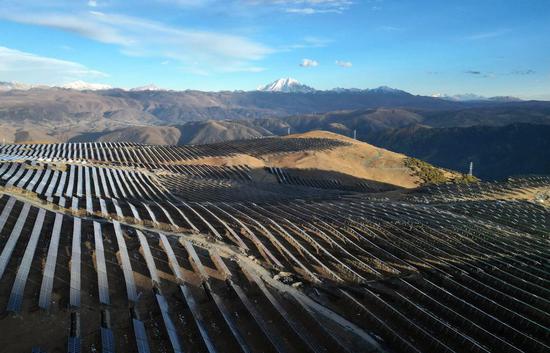
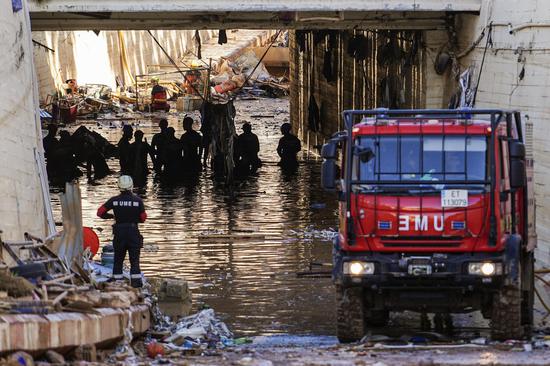


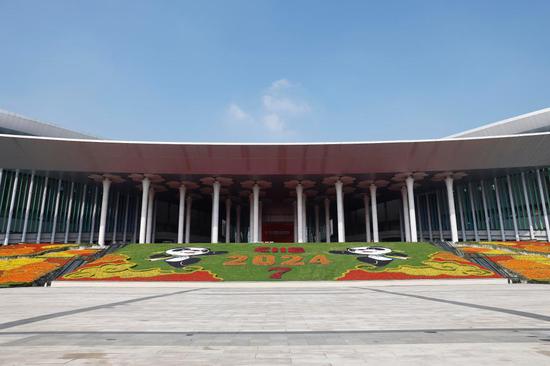
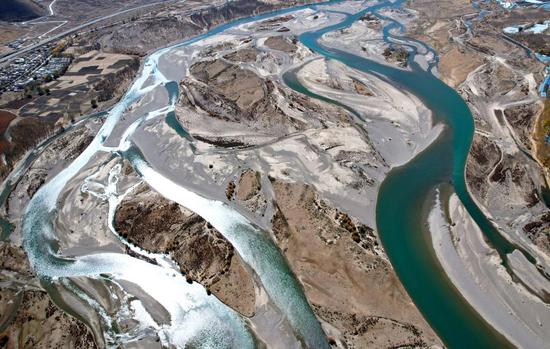
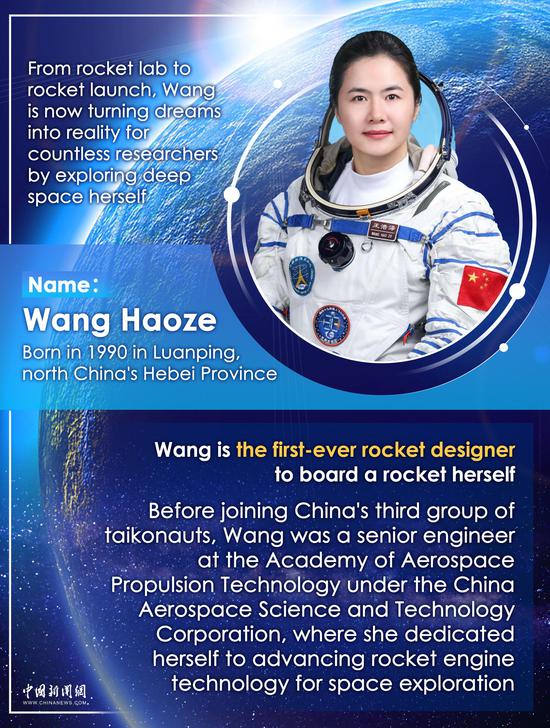


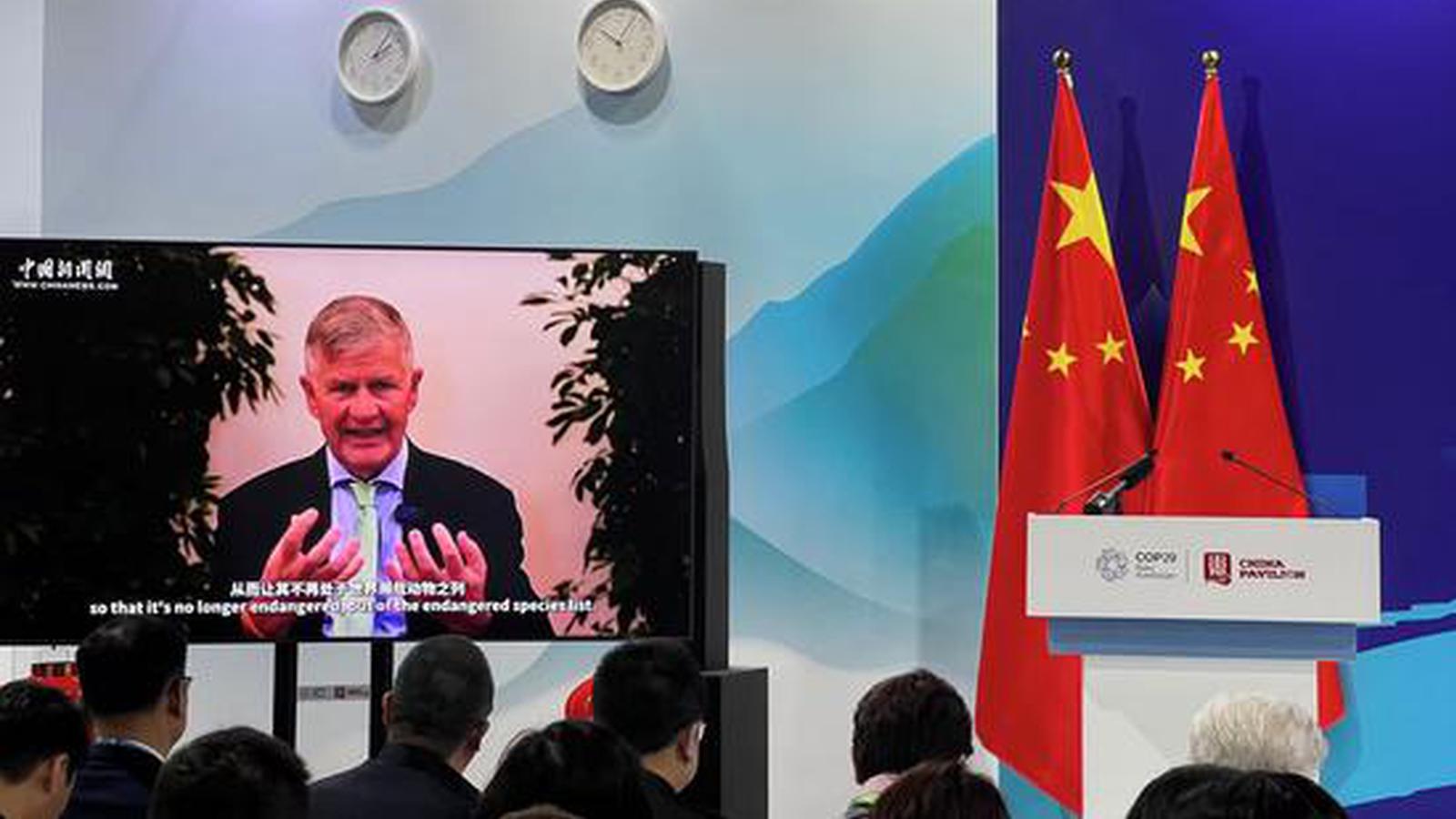

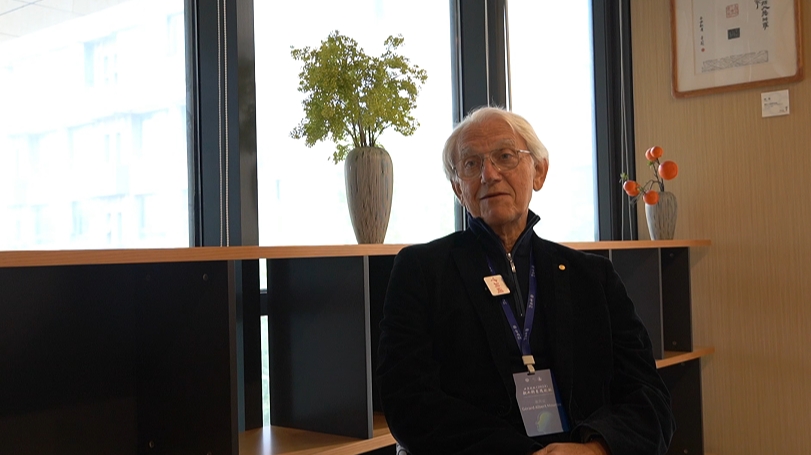

 京公网安备 11010202009201号
京公网安备 11010202009201号